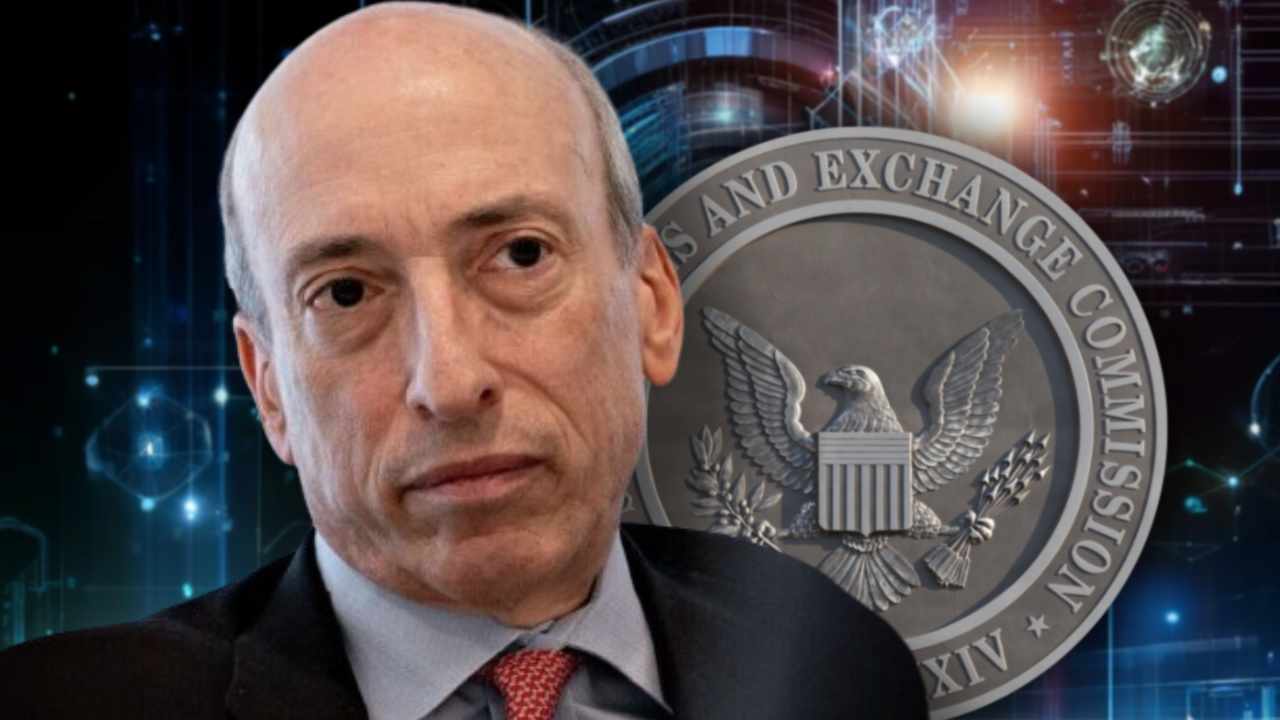Amid regulatory ripples, Ripple Labs’ Chief Legal Officer, Stuart Alderoty, has recently expressed concerns over the U.S. Securities and Exchange Commission’s (SEC) regulatory conduct. The Fifth Circuit Court of Appeals echoed these concerns, ruling against the SEC for not adhering to the Administrative Procedure Act during its enforcement actions.
Significantly, the appellate court’s decision on October 31 highlighted the SEC’s failure to present a sufficient cost-benefit analysis and neglect to address petitioner comments adequately. This development comes at a time when the SEC has faced a string of legal setbacks, including losing the majority of its enforcement actions.
Moreover, the case involving the SEC and Ripple executives took a notable turn when, following Judge Analisa Torres’s order on July 13, the SEC dropped its charges. Judge Torres ruled that the sales of XRP programmed by Ripple did not constitute securities, leading to the dismissal of charges against Ripple executives in October.
Additionally, the industry has seen a glimmer of optimism with the case of Grayscale’s Bitcoin Trust. The court sanctioned Grayscale’s petition for review concerning the SEC’s denial of its application. Consequently, this paves the way for potentially approving a Bitcoin spot ETF, given the SEC has opted not to appeal this verdict.
Furthermore, Grayscale’s actions post-lawsuit reveal a strategic shift. The firm has sought permission from the SEC to convert its largest Ethereum trust product, indicating a proactive stance in the evolving crypto landscape.
However, the SEC’s guidance has not been without its controversies. In March 2022, the Government Accountability Office (GAO) called out the SEC for bypassing Congressional Review in issuing Staff Accounting Bulletin (SAB) No. 121. The bulletin controversially required crypto firms to double count crypto assets, a move justified by the SEC due to the high-risk nature of cryptocurrencies but deemed procedurally incorrect by the GAO.
Hence, the current climate underscores the tension between the crypto industry’s advocates and the regulatory framework. The SEC’s recent challenges, including the cases against Ripple and the discussions surrounding the Grayscale Bitcoin Trust, underscore a year fraught with regulatory disputes and legal reassessments.
The unfolding of these events continues to shape the dialogue between regulatory bodies and the burgeoning cryptocurrency sector, highlighting the delicate balance of fostering innovation while ensuring investor protection and market integrity.





